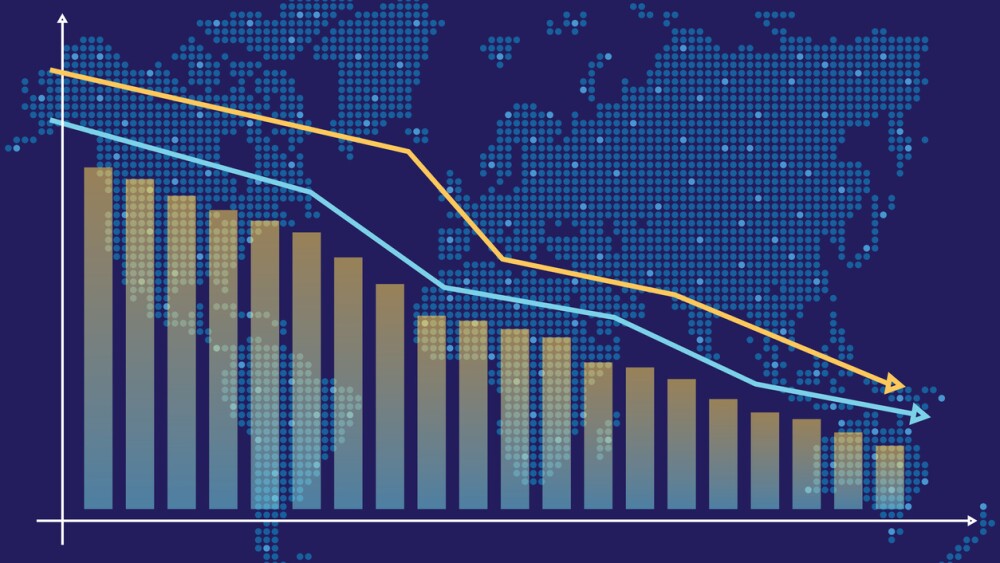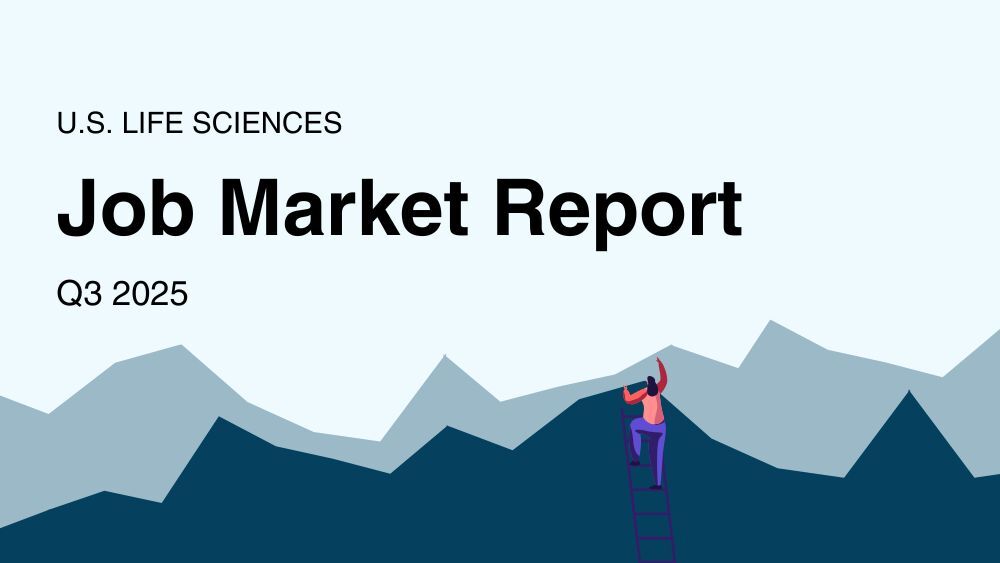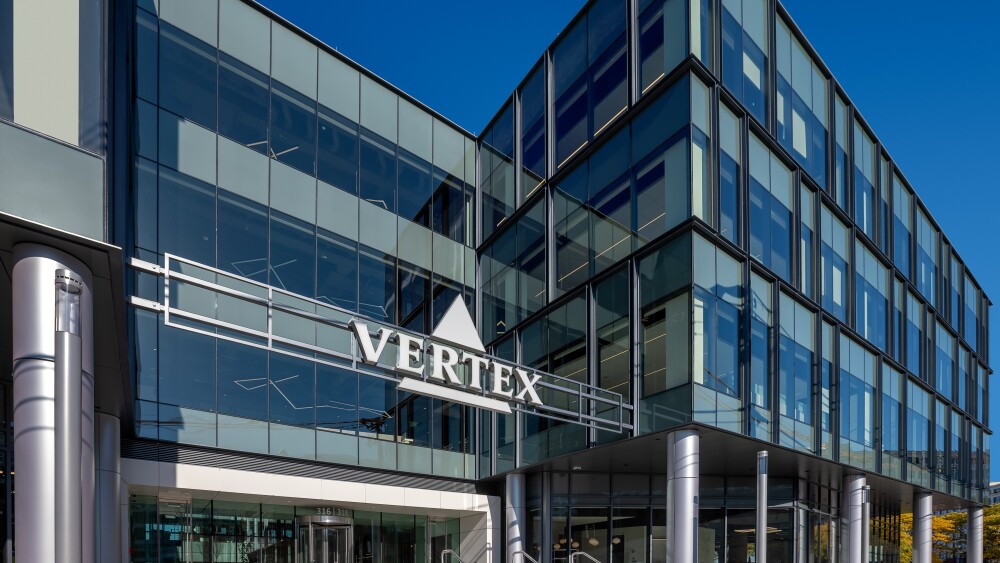CEO Rob Davis referred to the cost reduction program as a ‘reallocation’ rather than a cut, with the savings to be reinvested to support up to 20 new product launches.
In a surprise double announcement Tuesday, Novo reduced sales guidance by 5%—attributing the change to slowed growth of its semaglutide franchise in the U.S.—and named current international operations head Maziar Mike Doustdar as its new president and CEO.
Six weeks after HHS Secretary RFK Jr. cited unexplained conflicts of interest in dismissing all 17 members of the CDC’s vaccine advisory committee, Democrats are asking for details.
While some analysts forecast the tariffs could mean billions in additional industry expenditure, others expect the overall impact to be “manageable.”
In a post on X, Health Secretary Robert F. Kennedy Jr. alleged that the Vaccine Injury Compensation Program has “devolved into a morass of inefficiency, favoritism, and outright corruption.”
BMS is spinning out a new company with five immunology assets, including oral drugs being developed for systemic lupus erythematosus and plaque psoriasis, and $300 million in funds from Bain Capital.
FEATURED STORIES
After Merck noted the issue in its Q2 earnings call without providing specifics, analysts are left in the dark about the HPV vaccine’s future in China.
Experts say the time is now to develop and provide widespread access to genetic medicines for the rarest diseases. What’s more, they say it is a moral imperative.
Longeveron and Lexeo Therapeutics are working on CGT therapies to treat Alzheimer’s disease, but it’s not clear whether they have a better chance of success than traditional approaches.
Active immune therapies hold promise for preventing or slowing disease onset, but some experts warn of potential safety risks.
Ultracompact CRISPR systems, which are in some cases one-third the size of Cas9, are being designed to be more specific and enable in vivo gene editing in difficult to reach tissues.
The BIOSECURE Act’s prohibition on doing business with China-based companies may have implications for biotech and biopharma markets on both sides of the Pacific.
LATEST PODCASTS
In this episode presented by Element Materials Technology, BioSpace’s head of insights discusses how China, historically focused on manufacturing, is increasingly becoming an innovation leader, particularly in pharmaceuticals, with guests Dr. Jihye Jang-Lee and Dr. Khanh Courtney. Ultimately, balanced strategies involve domestic capacity investments coupled with global collaboration.
As third-quarter earnings continue to roll out, Novartis makes headlines with the second biggest acquisition of the year; Novartis’ CEO also downplayed the impact of Big Pharma pricing deals with the Trump administration; Regeneron continued the trend of dropping cell therapy assets; BioSpace takes a look at how the FDA is functioning mid-shutdown.
In this episode presented by Element Materials Technology, guests Dr. Jihye Jang-Lee and Dr. Khanh Courtney discuss how small biotechs face mounting pressure amid manufacturing uncertainties.
Job Trends
Gilead Sciences, Inc. (Nasdaq: GILD) today announced the U.S. Food and Drug Administration (FDA) approved a new, expanded indication for Biktarvy® (bictegravir 50 mg/emtricitabine 200 mg/tenofovir alafenamide 25 mg tablets, B/F/TAF) to treat people with HIV (PWH) who have suppressed viral loads with known or suspected M184V/I resistance, a common form of treatment resistance.
Subscribe to Genepool
Subscribe to BioSpace’s flagship publication including top headlines, special editions and life sciences’ most important breaking news
SPECIAL EDITIONS
In this deep dive, BioSpace investigates China’s rise as a biotech powerhouse.
In this deep dive, BioSpace explores the next big thing in obesity.
BioSpace did a deep dive into biopharma female executives who navigated difficult markets to lead their companies to high-value exits.
DEALS
-
The Italian pharma company is acquiring what was once one of the hottest stocks in the biotech sector, just months after the FDA rejected Intercept’s non-alcoholic steatohepatitis candidate.
-
After a sluggish start to the year, experts expect an uptick in IPO offerings moving into fall, although it’s unlikely 2023 will fully shrug off its slump.
-
In the largest biotech Series C financing so far this year, Generate:Biomedicines raised $273 million, while Neumora and RayzeBio announced IPO pricing valued at more than $560 million combined.
-
The two biotech companies announced initial public offering pricing Thursday, respectively, with shares beginning trading Friday and valued at more than $560 million cumulatively.
-
Following a Phase II review, Novartis has cut the development of a gene therapy candidate for geographic atrophy. In June, the company sold a dry eye disease drug to Bauch + Lomb for $1.75 billion.
WEIGHT LOSS
-
The early-stage study showed that Viking Therapeutics’ oral obesity candidate VK2735, a dual agonist of the GLP-1 and GIP receptors, elicited a 3.3% reduction in mean body weight. The company plans to start a Phase II trial.
-
Oprah Winfrey this week shone the spotlight on these transformative GLP-1 medications. Now, it’s time for Medicare to cover them and expand access to millions of Americans.
-
Following its label expansion earlier this month, Medicare on Thursday said it will now cover the use of Novo Nordisk’s Wegovy in patients with overweight or obesity who have preexisting cardiovascular disease.
-
A new analysis from the Congressional Budget Office predicts that Novo Nordisk’s semaglutide will likely be subjected to Medicare’s Drug Price Negotiation Program under the Inflation Reduction Act.
-
The recent FDA decision will likely mean more Medicare patients gain access to the blockbuster weight loss drug, experts say. Meanwhile, results continue to roll in for GLP-1 agonists for conditions beyond diabetes and obesity.
POLICY
-
Just months after a jury ordered payment to Pfizer in the patent infringement case, a Delaware judge has nullified the award and invalidated the patents behind the lawsuit involving AstraZeneca’s blockbuster lung cancer drug.
-
The Biden administration on Thursday touted discounts of up to 79%, but many of these first 10 drugs are already sold well below list price.
-
The Biden administration on Thursday announced that the Inflation Reduction Act’s Medicare Drug Price Negotiation Program will save the U.S. government around $6 billion in its first year of implementation.
-
The new Medicare prices for the first 10 drugs negotiated under the Inflation Reduction Act are expected soon. Analysts and researchers are divided on the long-term effects of the law.
-
The European Union has approved the first-ever combination therapy consisting of an immunotherapy and a PARP inhibitor for the treatment of endometrial cancer, AstraZeneca announced Wednesday.
Do you know about the hidden job market and how to tap into it to find jobs? For years, career gurus have claimed that 75-95% of job vacancies are “hidden” in that they are not advertised or publicized.
Frustrated by your job search? Does your dream employer rarely have openings? A little-known technique – the job proposal approach – can open doors for you.
Learn about the top resume buzzwords you need to include in your resume. Includes tips for branding yourself, positioning yourself as a leader, and more!
Curious to know how you can tailor your resume? This blog post will give you some tips on tailoring your resume so it stands out from the rest of the pile!
Here are the keys to a smooth long distance job search. Follow these simple guidelines to avoid many of the stresses of job hunting from a distance.
Are you worried about your first phone interview? Don’t worry, everyone gets through that phase. Follow these phone interview tips to nail your telephonic interview.
HOTBEDS
REPORTS
In this Employment Outlook report, BioSpace explores current workforce sentiment, job activity trends and the prospective job and hiring outlook for 2025, particularly as it compares to the previous year.
BioSpace’s third report on diversity, equity, inclusion and belonging in life sciences examines dramatic shifts in attitude around diversity initiatives.
CANCER
-
Amgen has quietly discontinued the development of its Phase I bispecific T-cell engager AMG 794, which the company had been studying for several malignant solid tumors.
-
GLP-1 receptor agonists could reduce the risk of 10 obesity-associated cancers, such as meningioma, multiple myeloma and colorectal cancer, according to an analysis of electronic health records.
-
With the antibody drug conjugate market projected to hit $28 billion by 2028, some companies are looking to harness the drugs for immunotherapy.
-
Eli Lilly is expanding its radiopharmaceutical portfolio with a $140 million upfront payment to Radionetics Oncology and the exclusive future right to acquire the biotech for $1 billion.
-
In 2023, the ADC market exceeded $10 billion, and this momentum is persisting into 2024, as evidenced by several strategic deals and a robust pipeline of candidate drugs.
NEUROSCIENCE
-
Despite the approval of two novel therapies for this uniformly fatal neurodegenerative disease, experts say regulatory standards and expectations are still evolving.
-
The FDA will kick off March with three target action dates, including one for an insomnia treatment and another for a multiple sclerosis therapy.
-
The FDA has rejected Minerva Neurosciences’ treatment for negative symptoms in schizophrenia, noting a lack of data and other factors that led to the Complete Response Letter.
-
In a Phase II study, Sanofi and Denali’s RIPK1 inhibitor SAR443820/DNL788 failed to meet the primary endpoint of improved functional performance in amyotrophic lateral sclerosis patients.
-
Novo Nordisk seems to believe it can do a better job managing troubled Catalent than the contract manufacturer. However, the Danish drugmaker has its work cut out for it.
CELL AND GENE THERAPY
-
The potential approval of Vertex’s IgAN therapy povetacicept in 2026 comes amid launch headwinds for the company’s non-opioid pain medicine Journavx and gene therapy Casgevy.
-
With a 100% response rate in a Phase II study, KYV-101 sets a new efficacy bar in generalized myasthenia gravis, according to analysts at William Blair.
-
The clinical hold comes days after Intellia voluntarily paused enrollment and dosing in the same two studies.
-
As third-quarter earnings continue to roll out, Novartis makes headlines with the second biggest acquisition of the year; Novartis’ CEO also downplayed the impact of Big Pharma pricing deals with the Trump administration; Regeneron continued the trend of dropping cell therapy assets; BioSpace takes a look at how the FDA is functioning mid-shutdown.
-
Intellia earlier this year reported a similar grade 4 liver enzyme elevation associated with the gene therapy nexiguran ziclumeran, though analysts at BMO Capital Markets at the time brushed it off as a “non-concern.”

